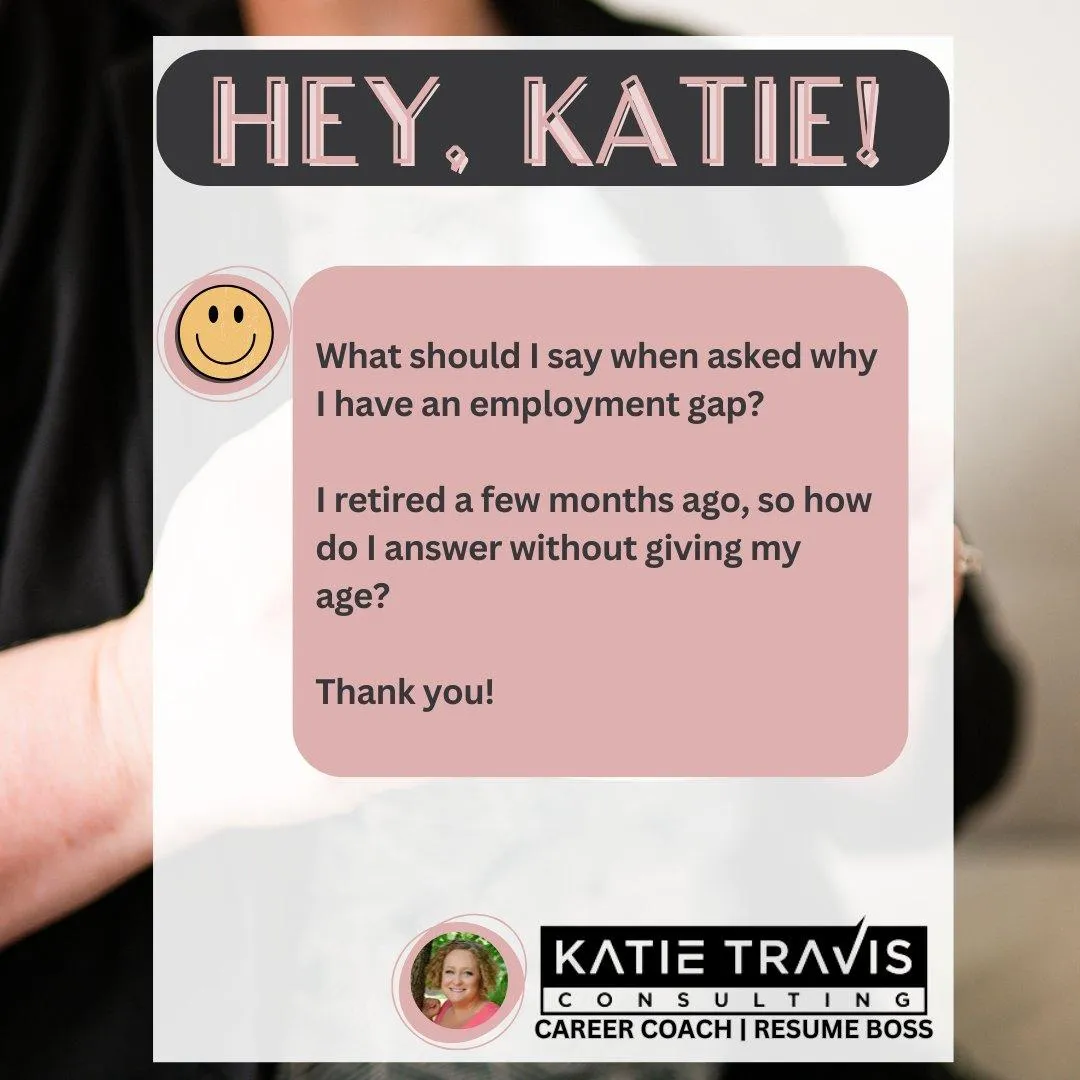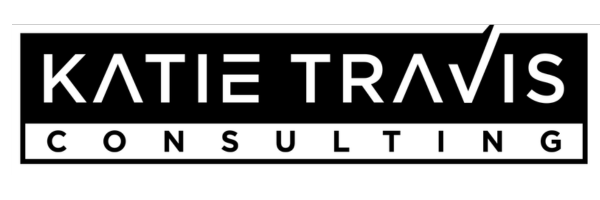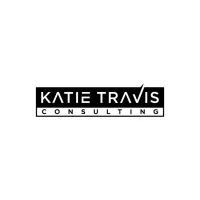Oops! Looks like something went wrong!

How to Address Career Breaks on Your Resume and in Interviews
How to Address Career Breaks on Your Resume and in Interviews
March 14, 2025 by Katie Travis |Leave a Comment
Taking a career break is a common experience, but explaining it to potential employers can be challenging. Instead of focusing on the gap, highlight your skills, experiences, and readiness to contribute. Here’s how to position your career break effectively.
The Right Way to Explain a Career Break
1. Use a Positive and Professional Explanation
Rather than mentioning retirement to avoid ageism, consider framing your response in a way that emphasizes growth and readiness. Here are a couple of effective ways to phrase it:
"Following a period of personal and professional exploration, I am eager to return to the workforce and contribute my skills and experience to a dynamic organization."
"I recently transitioned from a period of personal focus to pursue new career opportunities that align with my evolving interests and professional goals."
These responses keep the focus on your enthusiasm and ability to add value.
2. Keep It Brief and Honest
You don’t need to go into extensive detail about why you took a break. A simple mention of "personal reasons" or "family obligations" is sufficient if you feel comfortable sharing. Transparency without over-explaining helps maintain professionalism.
3. Highlight Skills Gained During the Break
If you learned new skills or gained relevant experience, mention them. For example:
Completed online courses or certifications.
Took on freelance or volunteer work related to your industry.
Developed leadership, communication, or technical skills through personal projects.
Employers appreciate continuous learning and adaptability, making these experiences valuable.
How to Present a Career Break on Your Resume
1. Use a Functional or Hybrid Resume Format
A functional or combination (hybrid) resume allows you to emphasize skills and accomplishments rather than gaps in employment history. This structure shifts the focus from dates to qualifications.
2. Add a “Career Break” Section (If Necessary)
If the gap is significant, consider adding a short section titled "Professional Development" or "Career Break." Example:
Career Break | 2021 - 2023
Focused on personal development, professional learning, and skill enhancement. Completed relevant industry certifications and maintained engagement through freelance projects.
3. Showcase Transferable Skills
Employers value skills over linear career progression. Highlight problem-solving, leadership, project management, and communication skills gained through non-traditional experiences.
Addressing Career Breaks in Interviews
1. Be Confident and Direct
When asked about your career gap, keep your response concise and confident. A strong response could be:
"During my career break, I took time to upskill and realign my career goals. I am now fully ready to bring my expertise and enthusiasm to this role."
2. Redirect the Conversation to Your Value
Immediately shift the discussion toward your strengths:
"I used this time to enhance my skills in [mention relevant skill], and I’m excited to apply them in this role."
3. Show Enthusiasm for the Role
Employers want to see motivation. Demonstrating excitement about the opportunity reassures them that you are committed to your career.
Final Thoughts
A career break doesn’t define your potential. By framing your experience positively, emphasizing skills, and demonstrating enthusiasm, you can confidently re-enter the workforce. Focus on what you bring to the table, and you’ll be well on your way to securing your next opportunity.

